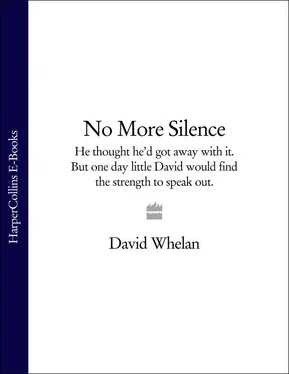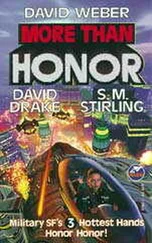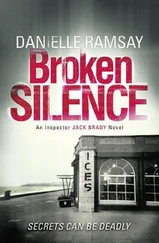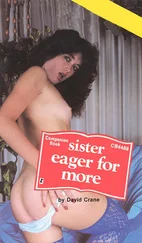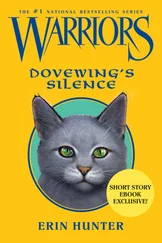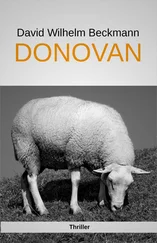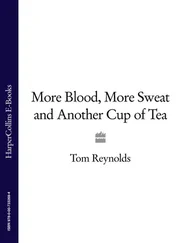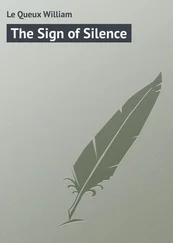The kitchen was equally sparse. A large white ceramic sink perched on cast-iron legs. The larder – a food cupboard – stood floor to ceiling, dominating a small Formica-topped table in a corner. A four-ring electric cooker completed the ensemble. Refrigerators were still a distant dream from such houses. You kept milk fresh by standing the bottle in a sink half filled with cold water.
Ma’s brothers, Charlie and Davie, had provided us with a temperamental old television set that worked only when it had a mind to. Often it sat dormant in the corner, mocking us, usually because Ma had not put enough shillings in the coin-operated electricity meter. The world being plunged into darkness was a common feature of childhood in such places. It was inevitable when a finite supply of shillings competed with an infinite appetite for cigarettes. Ma would put Senior Service on the mantelpiece before she put food on the table.
So this was what poverty looked like? I’m reminded of a line from one of Billy Connolly’s performances when he said that he didn’t know he was deprived until a social worker told him so. I know exactly what he meant by that. However, my life would be characterised by more than mere poverty. You can be poor but emotionally stable. You can have little but be rich in love. There may be material things you cannot have, but there is often that bedrock of emotional security that protects you. This was the way of life enjoyed by the vast majority of our neighbours. We lived somewhere else entirely. Abuse comes in many forms and we would be victims of it. It was a different kind of abuse from that which I would suffer in Quarriers. It wasn’t governed by malice or sexual deviance. This abuse would be born of ignorance and living in an emotional vacuum.
My mother was not morally reprehensible. It is an overused phrase, but she, too, was a victim. Her notion of love, her sense of compassion and the mothering instinct had long since been beaten out of her by her monster of a husband. Even today, far removed from that time, I find it difficult to allude to him as ‘my father’. However, the combination of conditioning and weakness conspired to make my mother anything but a mother in the sense that most people would understand. This is, of course, the analysis of an adult looking back on the past, which someone once famously and accurately described as a foreign country.
As a child, when I first saw the empty shell of 34 Katewell Avenue – and the rouged face of a woman I didn’t know – I was encompassed by a sudden and inexplicable sense of loss. It went beyond leaving Uist. It was more than losing Morag. It was a different emotion from leaving behind the life I had known. I know now that it was the loss of me. That sense of loss, hidden from me in any intellectual sense, would manifest in many ways. I developed what they describe today as ‘behavioural problems’. Doctors have since found a name for it – encopresis – an indicator of the effects of extreme stress and emotional abuse. The medical profession demand that the words they use carry a certain gravitas. It wouldn’t do to describe a situation merely as a nightmare, which would be my interpretation of encopresis.
My only comfort was acquiring ‘gold stars’. They were my prize for showing signs of ‘recovery’. How I longed for those gold stars. People of a certain age will remember how, when they were at school, their efforts were rewarded with such stars. If you were competent at reading, arithmetic or whatever, you received a small paper star, which was attached to the work. It was something to run home and show Mum and Dad, a badge of honour. I did get gold stars, but not for academic achievement. They were for not shitting in my pants. One of the many manifestations of my encopresis was what they described delicately as a ‘hygiene problem’. I soiled myself, frequently. Perhaps some of you may be able to dredge up a memory of a kid like me – isolated, alone, looking out with dead eyes on the others, who view him with a mixture of pity and disgust. It is the loneliest corner in the landscape of childhood. To her credit, my teacher did not condemn, but worked out an incentive scheme to encourage me to combat this problem. I was given a book. My underpants were checked regularly, and if I was clean I received stars of varying colours. I coveted the gold stars above all others and took to ‘wearing’ my pants in my jacket. I took them off and hid them in my pocket. That way, they remained clean. The teacher would applaud me and fix another star in my book. I was inordinately proud of them. I craved the attention, the applause, if you will, of achieving something, anything. More than anything I craved love.
Ma was not big on love. Where Morag had been a homemaker, Ma was the opposite. Cooking, cleaning and washing could have been cities in China as far as Ma was concerned. She was so wrapped up in her own troubled mind there was little hope of that changing. The role of a mother would be assumed by Jeanette, who was by now 14.
However, with the blissful ignorance of those who do not know any better, we were all getting on with what approximated to a life. Johnny, my oldest brother, was 15 and had just left school. He was supposed to get a job, but there was too much of Ma in him. It isn’t a surprise that Johnny was Ma’s favourite. ‘I only ever wanted Johnny. I didn’t want the rest of you,’ she used to say.
Johnny favoured drinking and betting over industry. That being said, he was a sweet soul, kind and good-natured. When he had money, he brought it into the house to supplement the meagre state benefits, which were our sole source of income.
Jimmy was 12, but the family dynamic demanded that he act a lot older than his years. He was a different personality from Johnny, less good-natured and, God love him, a thief who regularly stole money from Ma’s purse and watched as others were blamed. Irene, who was 10, once took a terrible smacking from Ma, who accused her of stealing a 10-shilling note, a huge amount of money then, the difference between eating or going hungry. Irene had seen Jimmy take the money, but he was such an accomplished liar that he brazened it out. Ma looked for any excuse to condemn Irene – she had never forgiven her for rejecting her – and Irene was blamed.
In his defence, Jimmy was the family clown and made us laugh. When he was in trouble, he turned on the charm and swam out of hot water. Jimmy was once on the hook for some infraction and he escaped censure in the most remarkable way – he became Shirley Bassey! She was one of Ma’s favourite singers and when Jimmy appeared dressed as the diva, wearing Ma’s make-up, with two oranges stuffed down the front of her good frock and singing ‘Hey, Big Spender’, it diverted her wrath.
Jimmy wasn’t always so lucky, but his escapades were redeemed by a hilarious sense of the bizarre. He once shop-lifted a can of lager and was soon to be found in the close half drunk and loudly singing a Sandie Shaw pop song: ‘I wonder if one day that you’ll say that you care.’
When he sneaked into the house, Ma was waiting behind the door. She thumped him round the ear and sang back, ‘I wonder if one day that you’ll do what you’re bloody well told!’
Jimmy and Johnny were a handful, but they endeared themselves to Ma – unlike Irene, who never forgave her for taking her away from Morag. Jeanette, as always, was the rock. We were a troubled crew. It was apparent to those around us that the Whelans were different. It was often the mundane that brought those differences so sharply into focus. I can still laugh at one episode when I brought a pal home from school. We were in the kitchen and I had just poured milk into the tea and raised the drink to my lips.
‘Why are you drinking out of a jam jar?’ he asked.
Читать дальше
